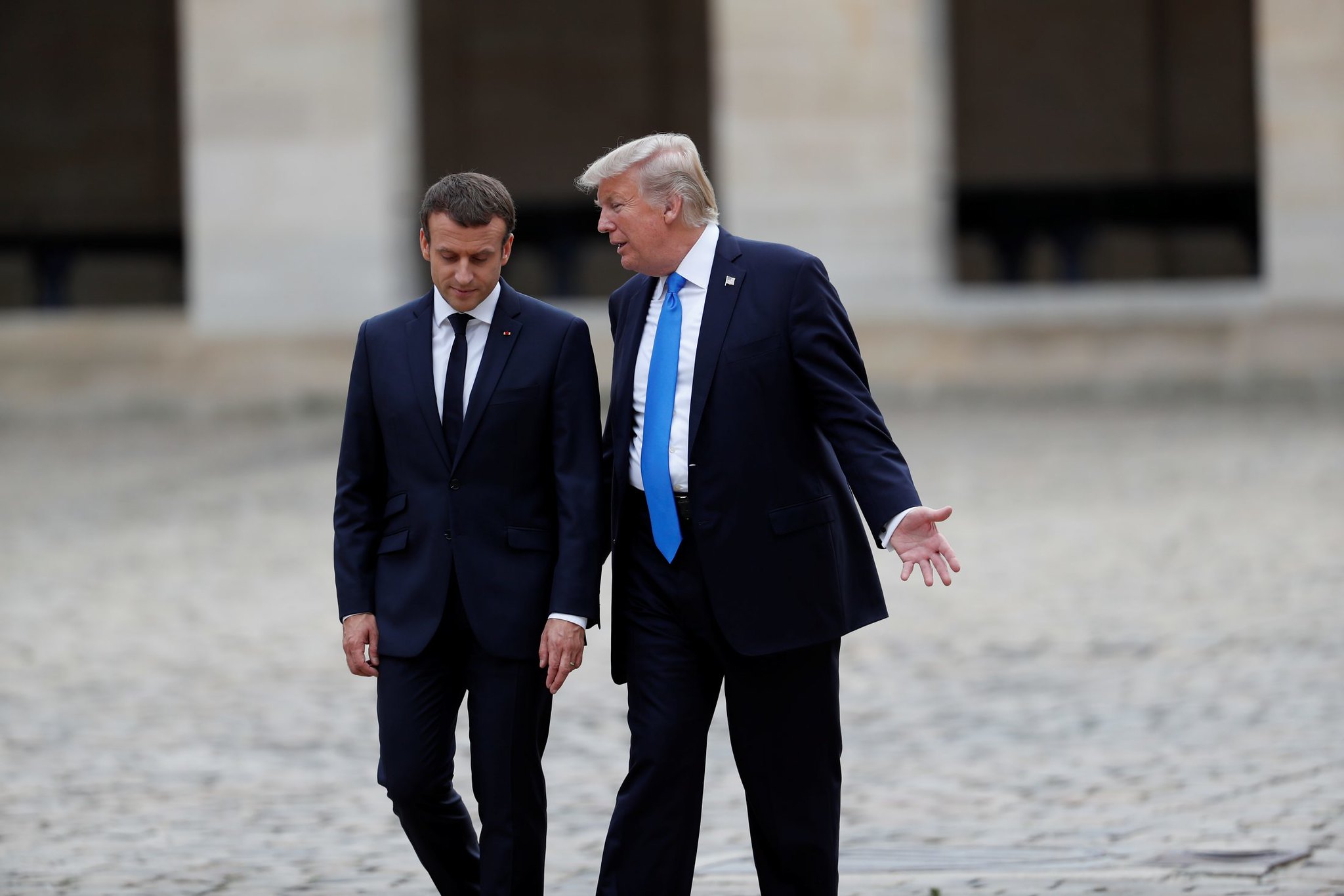 POLICY
POLICY
 POLICY
POLICY
 POLICY
POLICY
France and the U.S. say they’ve reached a deal to put an end to a French technology tax that would have hurt some of America’s biggest companies.
The two countries announced the compromise today during a press briefing at the end of the Group of Seven summit in Biarritz, France. The French tax, which was announced earlier this year, would have slapped U.S. firms with a 3% tax on their earnings in that country.
France initiated the tax in lieu of an international deal on taxing big internet companies in the countries where they operate. The problem, which is a concern of many European countries besides France, is that big tech firms such as Google LLC have used loopholes in European Union law to declare their earnings in low-tax countries such as Ireland. It means they only pay a minimal amount of tax in Ireland despite making huge amounts of money in every European country.
The Organisation for Economic Co-operation and Development has reportedly been working on a tax agreement for internet firms for several years, and this will now be implemented in 2020, Reuters said.
The French tax was set to be imposed on internet companies that do business in the country but without any physical presence there. It would have been applied to firms with more than €750 million ($832 million) in global revenue and €25 million ($27.7 million) in France.
The tax was targeted at two types of tech companies: those involved in advertising, such as Google and Facebook Inc., and those in the marketplace business, such as Amazon.com Inc., Uber Technologies Inc. and Airbnb Inc.
U.S. President Donald Trump had reacted angrily to news of the French tax when it was announced in March, threatening to retaliate by imposing tariffs on French wine.
“We will announce a substantial reciprocal action on Macron’s foolishness shortly,” he wrote in a tweet. “I’ve always said American wine is better than French wine!”
On Monday French President Emmanuel Macron told reporters that a compromise had been reached. “We’ve done a lot a work on the bilateral basis, we have a deal to overcome the difficulties between us,” he said.
No details of the agreement were revealed, but Macron had previously said companies would be able to claim back taxes they had paid if these are greater than what would be due under any new framework.
Analyst Holger Mueller of Constellation Research Inc. said the compromise of adopting the OECD’s agreement is a smart move that may spare the technology industry from the complexities of country by country legislation, not too mention any possible retaliation such as what President Trump suggested.
“One way or another, the good times in regards to tax implications for digital companies are coming to an end,” Mueller said. “It’s a sign of maturity for the industry, and for the legislative bodies that are catching up.”
Support our mission to keep content open and free by engaging with theCUBE community. Join theCUBE’s Alumni Trust Network, where technology leaders connect, share intelligence and create opportunities.
Founded by tech visionaries John Furrier and Dave Vellante, SiliconANGLE Media has built a dynamic ecosystem of industry-leading digital media brands that reach 15+ million elite tech professionals. Our new proprietary theCUBE AI Video Cloud is breaking ground in audience interaction, leveraging theCUBEai.com neural network to help technology companies make data-driven decisions and stay at the forefront of industry conversations.